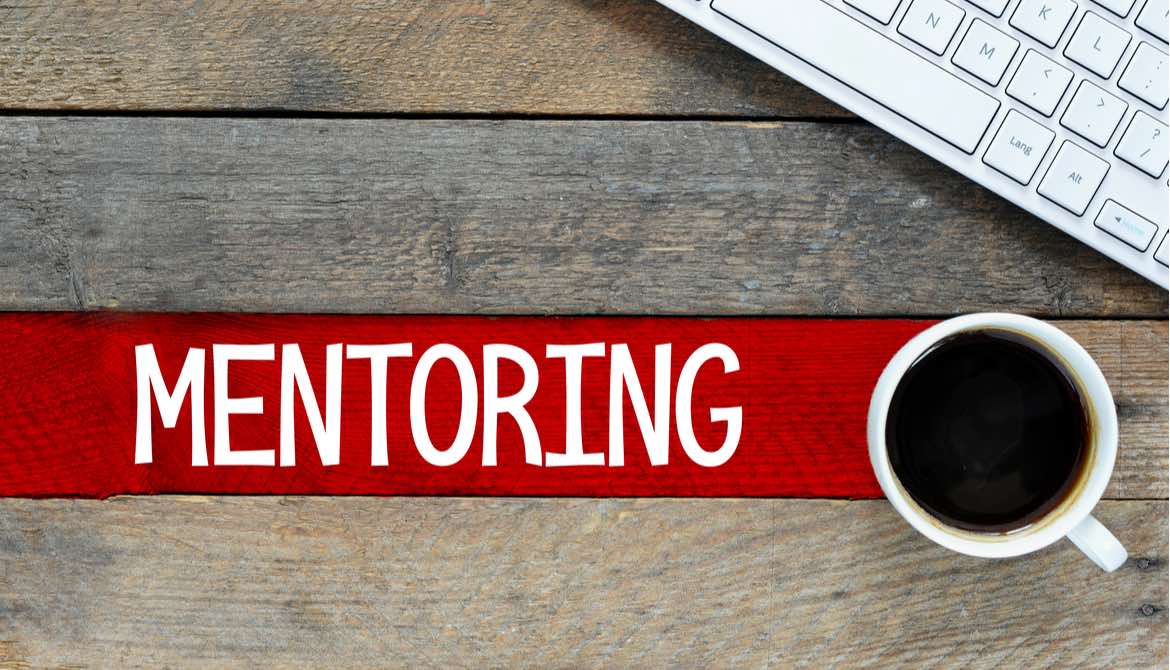3 minutes
3 tips for establishing open, honest dialogue that will be beneficial to both parties
Have you ever had or been a mentor? If not, you are missing out. Regardless of your experience or whether your organization offers a program, this is a relationship you should seek.
No one is too good to have a mentor, and all of us can build on our current abilities. Plus, we all have knowledge and skills to offer. Building a mentor relationship—whether formal or informal—empowers those involved to develop.
As CUES President/CEO John Pembroke writes in the CUES Guide to Effective Mentorship (a benefit of membership), “mentees get value in a mentorship … however, in the best mentoring relationships, mentors get value as well.” Regardless of your role, your mentoring effort will be enhanced by implementing the tips below.
1. Know Who You Are and What You Want
Mentee: Identify what you are looking for in the relationship and share it. The more you understand about what you want and share that with your mentor, the better you can drive your conversations and discussions.
What specific skills are you looking to develop? What goals do you have for your next career move? Do you want to develop a greater strategic mindset? Are you looking to learn more about a specific functional area?
Mentor: Understand what you can give and be open about what you’d like to see from the relationship. Set boundaries, expectations and guidelines to build open, honest communication.
What do you hope to learn as a mentor? How do you think you can best support your mentee’s career development/goals? What contacts do you have within the organization or industry that could provide support to you or your mentee?
2. Know Them
Mentee: Know your mentor. The more you know about your mentor, the more you know which goals he/she may be able to support you in achieving. This may involve looking at your mentor’s LinkedIn profile or asking questions of them or others who know them.
What are his/her current responsibilities? How did he/she get to where they are today? What departments or functions do they work with directly?
Mentor: Know your mentee. Get a picture of his/her career history via a LinkedIn profile or ask your mentee. Be cautious of others’ perspectives, as you want to be careful to avoid influencing your view of the individual before you meet.
What is his/her current role? Where else has he/she worked in the organization or the industry? What are his/her career goals/aspirations?
3. Be a Participant
Mentee: Ask questions, share your own insight and perspectives, and challenge assumptions. Reflect on your own skills or interactions and be honest in ways you can develop.
What assumptions have you made about your development? Do you have a different viewpoint to share?
Mentor: Recognize you not only have something to give, but something to gain from the relationship. Challenge your own thoughts and ideas on how to achieve a goal and what you can learn from your mentee.
What assumptions have you made that impact how you achieve your own goals? How might you look at something with a new perspective? What skills do you want to develop and how might these interactions support your growth?
Mentorships are not designed to be one-sided directive relationships. They are most effective when you have open, honest dialogue. By understanding yourself and your mentor/mentee, you can engage in conversation and move the relationship in a way that is provides benefit for all involved.
Jennifer Stangl is CUES’ director of professional development.






